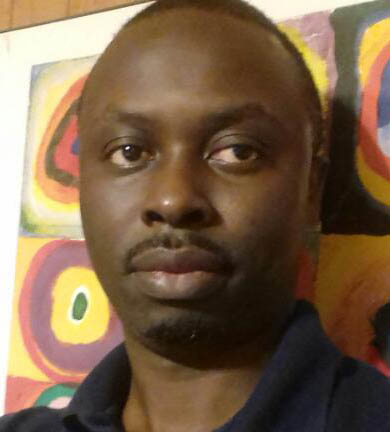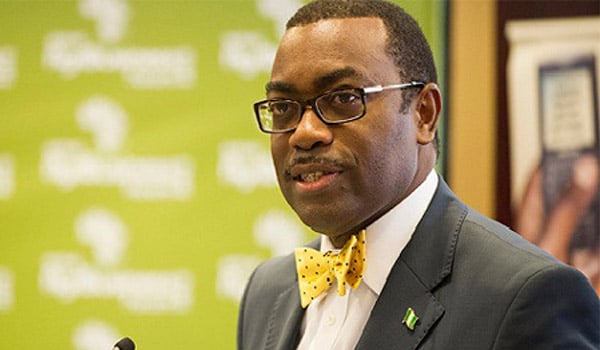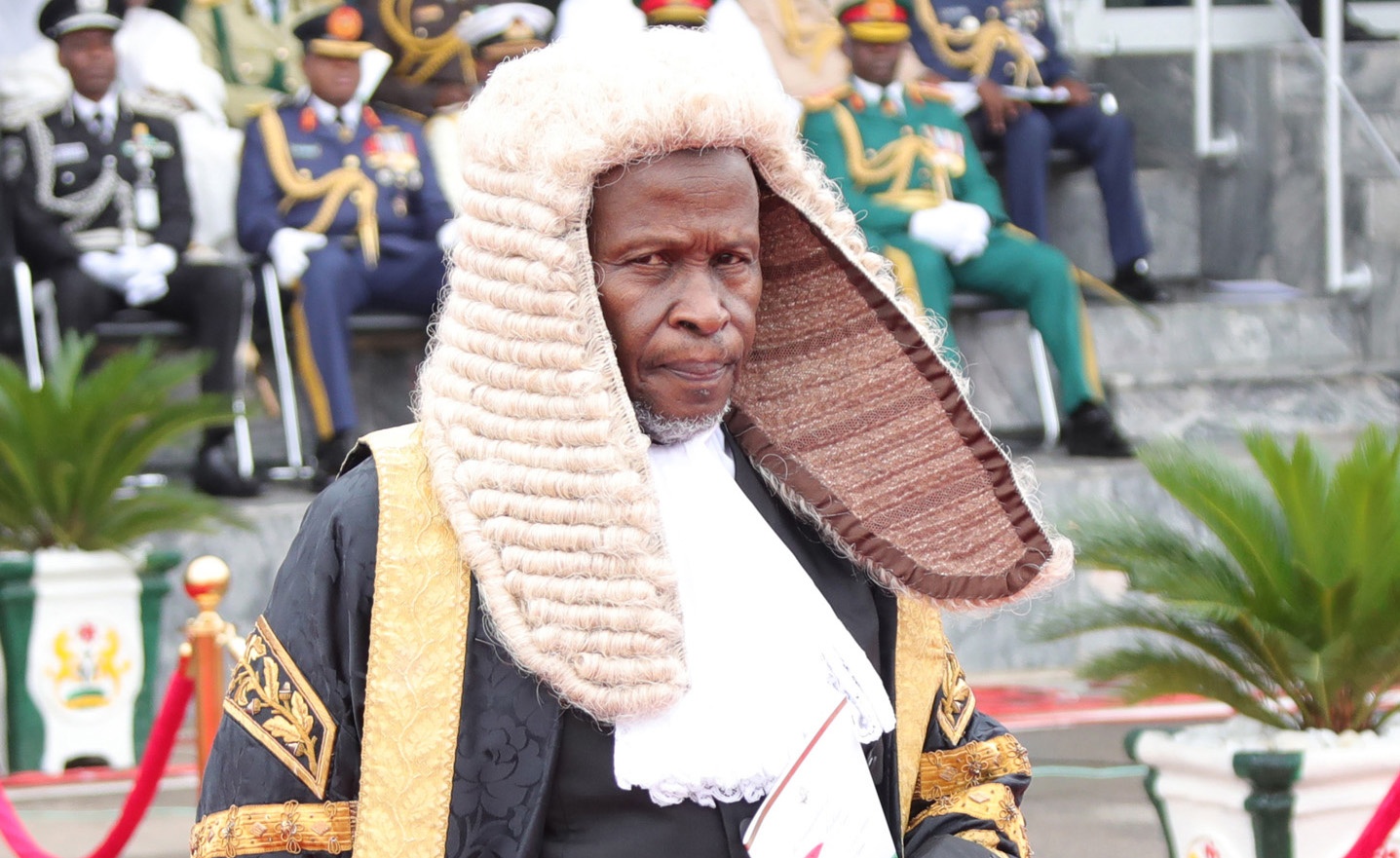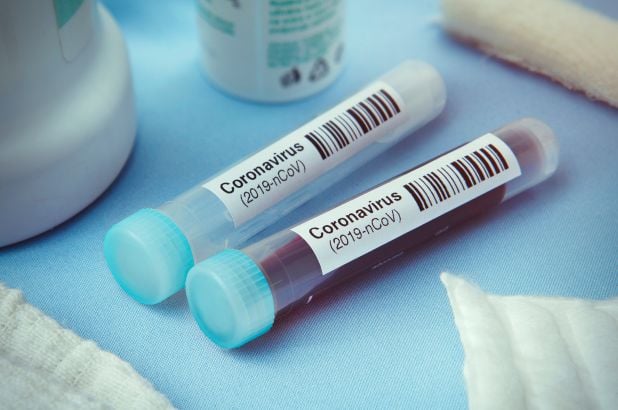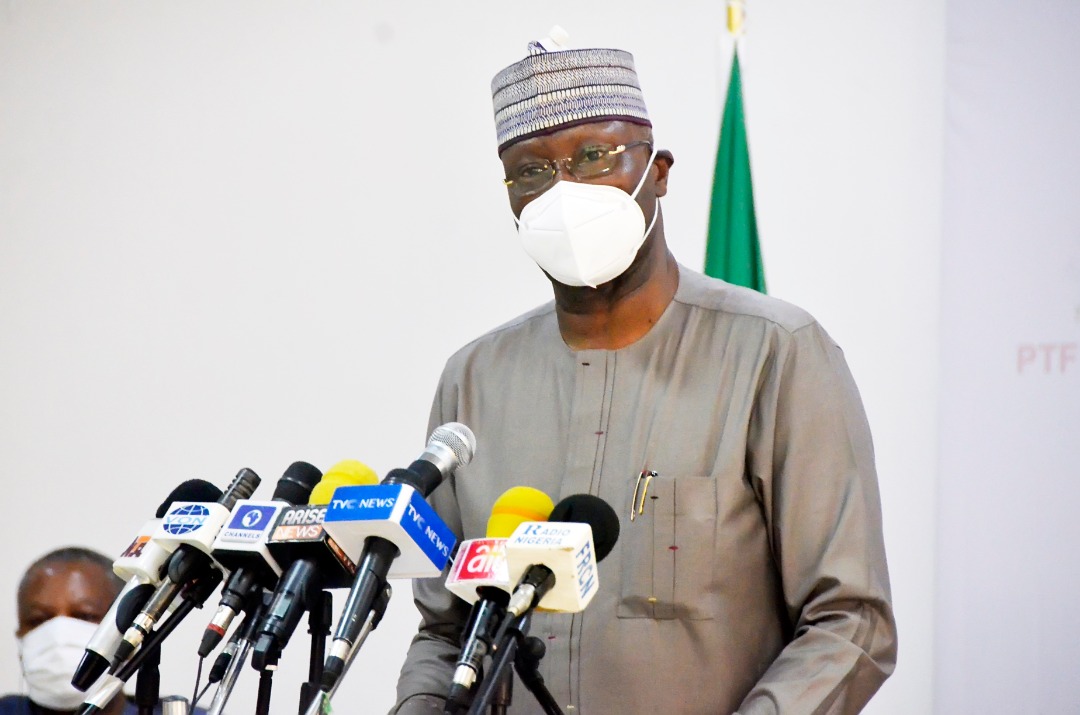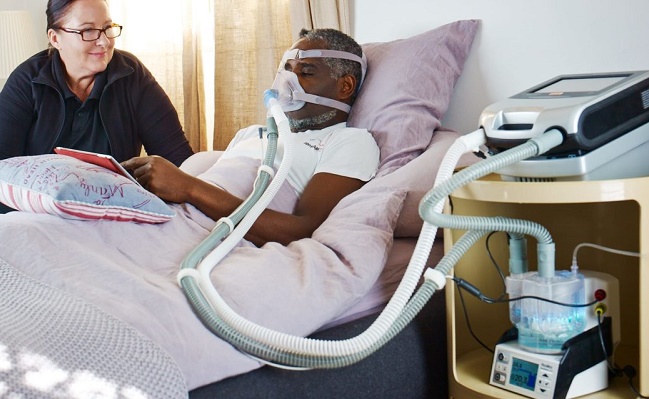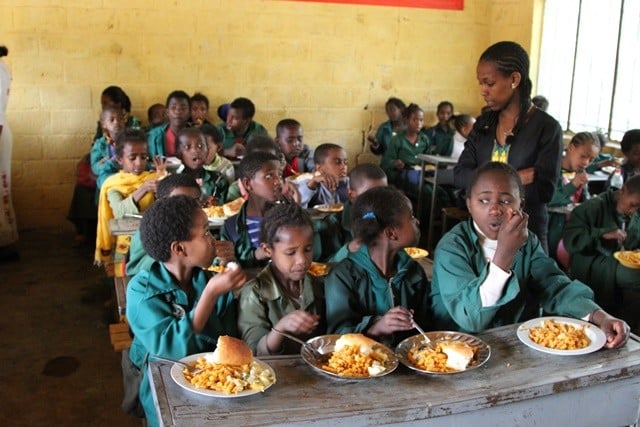Akinwumi Adesina
There are many blights in Daniel F. Runde’s Op-ed on Africa Development Bank (AfDB) that he penned for The Hill—an American news website, based in Washington, D.C—in the summer of 2019, but it at least set off a deadly wind inside the operations of the 54-year-old multilateral development finance institution.
On Sunday, April 5, President of the African Development Bank, Dr. Akinwunmi Adesina, was home and contemplating the Bank’s response to the fiscal challenges that countries in Africa face as a result of COVID-19, when he was jolted from his seat. A newspaper report accusing him of favouritism and nepotism in the management of the operations of the development bank had been published, and it showed up on his mobile phone.
A group of masked employees at AfDB submitted a pile of documents to Le Monde—a French newspaper which has its headquarters in Paris. The documents contained a bogus petition describing “unethical behavior” and preferential treatment within the Pan-African institution.
Unsurprisingly, the unknown employees masquerading as whistleblowers are not acting alone. Their action is an offshoot of Runde’s smear campaign against the leadership of AfDB, which began in June 2019.
Advertisement
In The Hill op-ed piece, Mr. Runde scrutinized the work of Adesina at AfDB, leaving no room for caution, despite obvious gap in his analysis—an act suggesting a desperation to undermine Adesina’s re-election based on special interest. Adesina is up for a re-election for another term of four year in May.
First, he questioned the integrity of the leadership of AfDB in the choice of Malabo, the capital of Equatorial Guinea as a place to host its 2019 annual meetings of the Boards of Governors. “It does not help,” he wrote. “Anyone who has read the classic book “Tropical Gangsters,” would recognize that the government of Equatorial Guinea is probably one of the most corrupt in the world.”
But the decision to go to Malabo by AfDB was not taken solely by Dr. Adesina. There are many factors in the choice of a gathering place for AfDB’s annual high-level meetings that is critical for its mission on the continent. Of course, regional integration will be central to that decision.
Advertisement
Further, Runde’s fault-finding op-ed asked the United States to hold its contributions to the Bank as a major donor because the U.S does “not have the same vote and influence in the AfDB as in other multilateral development banks (MDBs).”
He stretched this by making comparison between the U.S voting power at the World Bank, Asian Development Bank (ADB) and Inter-American Development Bank (IDB) with a negative narrative of African countries as medicants with no regard for the “golden rule.”
“Regional development banks operate better when they follow the “golden rule,” which is: Whoever has the gold makes the rules. Unfortunately, that is not the case in the AfDB,” he wrote in a cleverly strewn together article.
I know firsthand based on my interaction within diplomatic circle that the “golden rule” approach advanced by Runde is unhelpful for the U.S interest in Africa and I was not surprised that the U.S did not hold back its contributions or engage in a row with its partners.
Advertisement
To be sure, Runde described himself as an “expert on international political affairs, and a staunch advocate of American leadership in global economic development” who has represented the U.S. to “senior leaders of foreign governments, corporations, and foundations.”
What horrifies me about all this is the way the article turned truth on its head by labelling AfDB as a cesspool of “corruption” without evidence, and then asking the U.S “to push harder on the AfDB to address issues of weak governance, corruption, and an unstable rule-of-law.”
To Runde, an assumption that the leadership may be ineffective because “it spends too little money on lots of things,” with its strategic and operational priorities through 2022 being High 5 and not “advisory services on issues related to conflict and violence”, alongside a blinkered opinion that looked at the recruitment of Nigerians into the Bank as favouritism justify his campaign.
This is very frustrating. And in particular, it is frustrating because Adesina’s effective leadership and reform at the regional Bank have earned him stripes since he was elected.
Advertisement
Let’s be clear: it’s a stupid thing for an outsider to decide the fate of a continent. What makes Runde thinks what Africa needs is “advisory on issues related to conflict and violence” and not the High fives of Light up and Power Africa; Feed Africa; Industrialize Africa; Integrate Africa; and Improve the Quality of Life for the People of Africa as envisioned by Dr. Adesina. It comes down to how the West sees its role in Africa: paternalism
In light of all of this, the world should see the Le Monde publication for what it is: residue from a fire that has no oxygen.
Advertisement
On January 19, when the masked group of employees at AfDB filed an eleven-page complaint bordering on same issues raised by Runde, I knew something was fishy. Sadly, after forwarding the complaints under the guise of whistleblowers to the Bank’s Department of Integrity and Anti-Corruption, the whistleblowers couldn’t be patient for the outcome of an investigation. As the days near for Dr. Adesina to be re-elected, they have now shown desperation by sending unsubstantiated tale to the media in order to discredit a man known for his strong moral fiber and value judgement.
I can tell that Adesina may not have an easy ride to be re-elected next month, unlike his predecessors, the Morocco’s Omar Kabbaj (2000) and Rwanda’s Donald Kaberuka (2010), who were re-elected by acclamation, but his readiness and willingness to continue to reform and revamp the financial institution will be a game changer, when the shareholders gather in May.
Advertisement
Of course, the brilliant development economist who made his name working for Rockefeller brand knows the Bank is not yet where it should be and that I believe it’s part of his plan to seek a re-election to afford him opportunity for continued institutional capacity strengthening, operational quality and soundproof management system that is result-driven.
Already, the former Nigerian cabinet minister and World Food Prize winner, whose innovative reform transformed Nigeria’s Agriculture sector has been receiving important endorsement among African and non-African shareholders that will catalyze his win. For example, last year, the Economic Community of West African States (ECOWAS) at its 56th ordinary session of Heads of States endorsed Adesina for re-election. In February, 55 ministers of foreign affairs representing the member states of the African Union equally threw their weight behind him as a sole candidate.
Advertisement
For AU and ECOWAS, Adesina’s high profile status before taking over the reign of AfDB is an important asset that has contributed to the progress of the Bank in the last four years. In short, the regional blocs considered his “sterling performance,” in favoring him for a second term. Specifically, ECOWAS believed AfDB under Adesina contributed largely to the region’s improved economic performance, citing real GDP growing by 3.3% in 2019 against 3.0% in 2018, in a context characterised by a “decline in inflationary pressures and sound public finances.”
To understand how it feels to be supported in the face of critics, Adesina tweeted this line: “I am very grateful to all the Heads of State and Governments of the ECOWAS region for their unanimous support for my re-election for 2nd term as President of the African Development Bank. I remain humbly at the service of Africa and its people.”
So far, Adesina’s resume at AfDB has been impressive. During his first term, the Bank’s shareholders approved a landmark $115 billion capital increase in late October. The increase in the capital base, from $93 billion to $208 billion, signaled strong support from the Board of Governors in the continent’s foremost financial institution.
The response that AfDB provided to COVID-19 with a facility of $10 billion support for African countries in addition to a $3 billion COVID-19 social bond on the London Stock Exchange tells of a leader who can break through a cognitive hurdle. Here is the rub: Before the announcement of the $10 billion COVID-19 facility, Adesina was hamstrung by a number of non-regional members of AfDB board, who equally opposed the lifting of partial sanctions for countries such as Zimbabwe and Sudan.
I believe even now as I have always done that Africa needs partners not paternalism in achieving its greatness and Adesina is proving that at AfDB.
Views expressed by contributors are strictly personal and not of TheCable.
Add a comment
